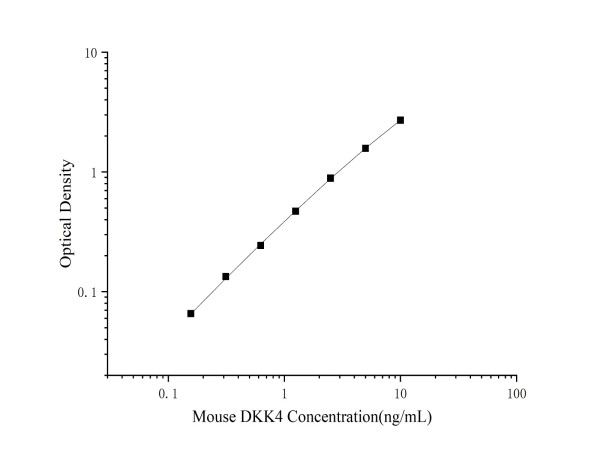Cookie preferences
This website uses cookies, which are necessary for the technical operation of the website and are always set. Other cookies, which increase the comfort when using this website, are used for direct advertising or to facilitate interaction with other websites and social networks, are only set with your consent.
Configuration
Technically required
These cookies are necessary for the basic functions of the shop.
"Allow all cookies" cookie
"Decline all cookies" cookie
CSRF token
Cookie preferences
Currency change
Customer-specific caching
FACT-Finder tracking
Individual prices
Selected shop
Session
Comfort functions
These cookies are used to make the shopping experience even more appealing, for example for the recognition of the visitor.
Note
Show the facebook fanpage in the right blod sidebar
Statistics & Tracking
Affiliate program
Conversion and usertracking via Google Tag Manager
Track device being used

If you have any questions, please use our Contact Form.
You can also order by e-mail: info@biomol.com
Larger quantity required? Request bulk
You can also order by e-mail: info@biomol.com
Larger quantity required? Request bulk
Dickkopf related protein 4 (Dkk-4) is a member of the Dkk protein family that includes Dkk-1, -2,... more
Product information "Anti-Dkk-4 (Capture/Detector)"
Dickkopf related protein 4 (Dkk-4) is a member of the Dkk protein family that includes Dkk-1, -2, -3, and -4. All four members are secreted proteins that are synthesized as precursor proteins with an N-terminal signal peptide and 2 conserved cysteine-rich domains, which are separated by a linker region. Dkk proteins have potential furin type proteolytic cleavage sites, and short forms of Dkk-2 and Dkk-4 containing only the second cysteine-rich domain can be generated by proteolytic processing. Dkk proteins have distinct patterns of expression in adult and embryonic tissues, suggesting that they may play diverse roles in these tissues. The Dkk proteins have distinct effects on Wnt signaling. Dkk-1 and Dkk-4 are Wnt antagonists. Dkk-3 has not been demonstrated to affect Wnt signaling, and Dkk-2 acts as an agonist or antagonist, depending on the cellular context. Wnt signaling regulates many important developmental processes including neural crest differentiation, brain development, kidney morphogenesis, and sex determination. In addition, Wnt signaling has also been implicated in tumor formation. Canonical Wnt signaling via the beta -catenin pathway is transduced by a receptor complex composed of the Frizzled proteins (Fz) and low-density lipoprotein (LDL) receptor-related proteins (LRP5/6). Unlike many soluble Wnt antagonists that function by binding extracellular Wnt ligands to prevent interaction of Wnt with the Fz-LRP5/6 receptor complex, Dkk-1 and Dkk-4 antagonize Wnt/ beta -catenin signaling by direct high-affinity binding to the Wnt coreceptor LRP5/6 and inhibiting interaction of LRP5/6 with the Wnt-Frizzled complex. Dkk-1 and Dkk-4 also bind the transmembrane proteins Kremen1 (Krm1) and Krm2 with high-affinity. Krm2 has been shown to form a ternary complex with Dkk-1 or -4 and LRP5/6 to trigger internalization of the complex and removal of LRP6 from the cell surface. Thus, Dkk-1/4 and Kremens function synergistically to antagonize LRP5/6-mediated Wnt activity. Dkk-2 also binds to LRP5/6 and the Kremens, but Dkk-2 acts as an antagonist of the Wnt signaling pathway only in the presence of Krm2. Dkk-2 binding to LRP5/6 in the absence of Krm2 activates rather than inhibits Wnt signalling. Protein function: Antagonizes canonical Wnt signaling by inhibiting LRP5/6 interaction with Wnt and by forming a ternary complex with the transmembrane protein KREMEN that promotes internalization of LRP5/6. DKKs play an important role in vertebrate development, where they locally inhibit Wnt regulated processes such as antero-posterior axial patterning, limb development, somitogenesis and eye formation. In the adult, Dkks are implicated in bone formation and bone disease, cancer and Alzheimer disease. [The UniProt Consortium]
| Keywords: | Anti-Dkk4, Anti-Dkk-4, Anti-Dickkopf-4, Anti-Dickkopf-related protein 4, Dkk-4 Polyclonal Antibody(Capture/Detector) |
| Supplier: | Elabscience |
| Supplier-Nr: | E-AN004530P |
Properties
| Application: | ELISA Capture/Detector |
| Antibody Type: | Polyclonal |
| Conjugate: | No |
| Host: | Rabbit |
| Species reactivity: | mouse |
| Immunogen: | Recombinant Mouse Dkk-4 Protein expressed by E.coli |
Database Information
| KEGG ID : | K02165 | Matching products |
| UniProt ID : | Q8VEJ3 | Matching products |
| Gene ID : | GeneID 234130 | Matching products |
Handling & Safety
| Storage: | +4°C |
| Shipping: | +4°C (International: +4°C) |
Caution
Our products are for laboratory research use only: Not for administration to humans!
Our products are for laboratory research use only: Not for administration to humans!
Information about the product reference will follow.
more
You will get a certificate here
Viewed

